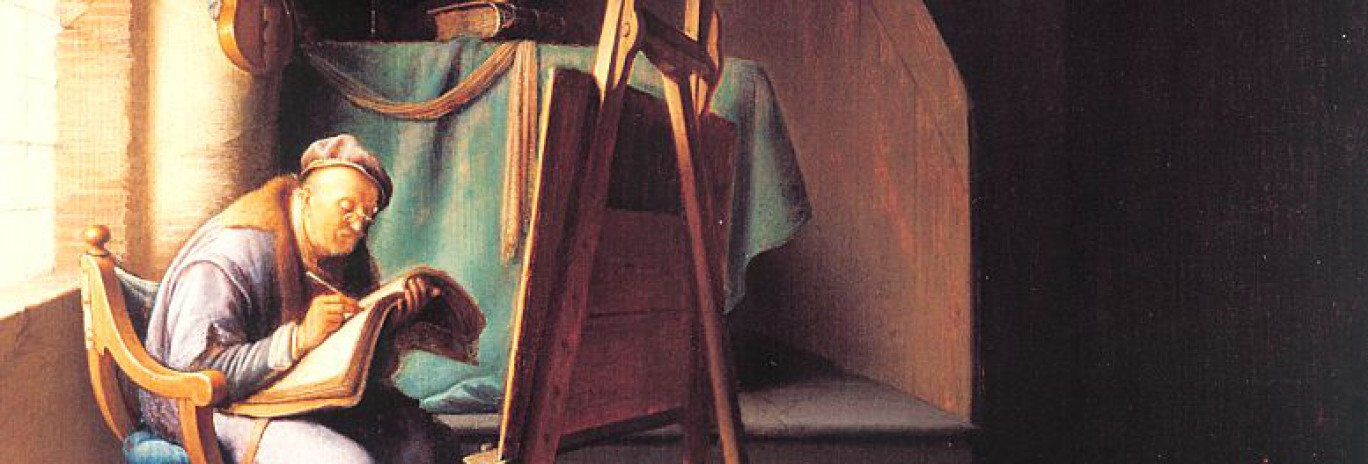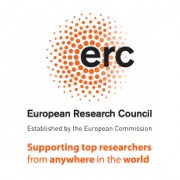Events
PhD defence Mariana L. Pinto: Science and conservation at the British Museum Laboratory (1919-1934)
On 26 November, Mariana Pinto will defend her dissertation ‘Science and conservation at the British Museum Laboratory (1919-1934)’. She conducts historical research into the collaboration between science and conservation in the British museum after the First World War.
Collaboration between science and conservation is considered standard practice in museums nowadays, while discussions about the limits and potentialities of such collaboration prevail in daily conservation work, publications, congresses and other activities within the field. However, while the treatment of artworks and archaeological objects has a long tradition, collaborative practices involving science in the conservation of cultural heritage are relatively recent. Science-based conservation became broadly accepted between 1930 and 1950. Many museum laboratories were also established around the world during this period. But how did science become integrated as a fundamental aspect of conservation? And what role did laboratories play? The investigation of collaborative practices between scientists and those in charge of the care and treatment of artworks during the interbellum years, shows the processes by which science-based conservation came into place.
This dissertation starts after the end of World War I, when the Trustees of the British Museum (BM) faced the deterioration of a large part of the museum´s collection, and the chemist Alexander Scott (1853–1947) was asked to supervise its care and treatment. The creation and first twelve years of the BM Laboratory, with Scott as its first director, is the main focus of this study. My research ends in 1934, when the first steps for introducing chemistry into conservation training were taken at the Courtauld Institute of Art, influenced by the ideas generated at the BM Laboratory.
Mariana L. Pinto
PhD supervisors: Prof. dr. S.G.M. Dupré, Prof. dr. E. Hendriks


